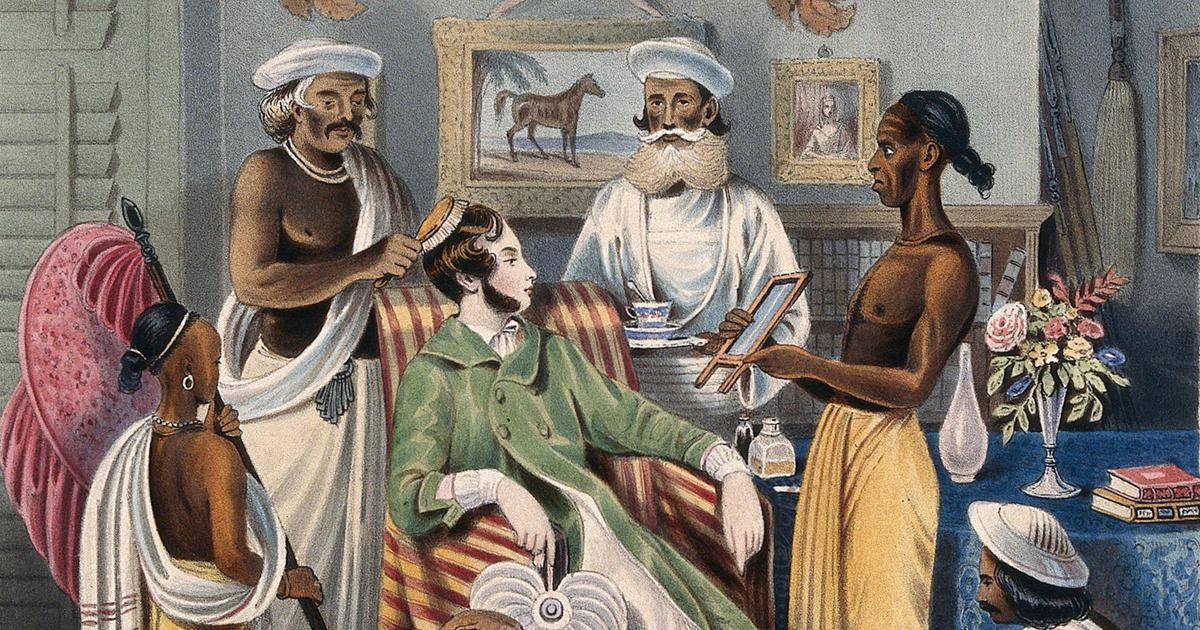How food came to the rescue of the British in India
To cope with the heat and diseases in a distant land, the British looked for remedies in the pantry.


In the 19th century, British colonists faced several challenges in India, none as pervasive and insidious as malaria. The deadly fever would lay low thousands of civilians and soldiers every year and kill a great many. The imperialists needed an answer to the problem and they found it in quinine. Quinine is the active ingredient in the bark of the cinchona tree, which had been used by some indigenous peoples in South America to cure fevers. To keep malaria at bay, the British promptly embraced quinine, consuming tonnes of it every year by the mid-1800s. The hitch was the taste.
Quinine was so bitter that soldiers and officials began mixing the powder with soda and sugar, unwittingly giving birth to “tonic water”. It turned out tonic water was not only an excellent prophylactic against malaria but also a natural complement to gin. The two together were so enjoyable, and as a result successful, that it prompted Winston Churchill to once proclaim, “The gin and tonic has saved more Englishmen’s lives, and minds, than all the doctors in the Empire.”
It was not just malaria, though, that posed a threat to the British. Death and disease could be anywhere. If by some good fortune malaria did not...



































![Safari Thorium Neo 8-Wheel Luggage Set Trolley Bags (Set of 3) at just Rs. 5,599 [MRP 29,100]](https://savefree.in/uploads/images/202409/image_870x580_66f63845060f0.webp?#)












![Handmade Brown Mango Wood Chopping Board At just Rs. 89 [MRP 599]](http://savefree.in/uploads/images/202303/image_870x580_641bf7e9c2206.jpg?#)



